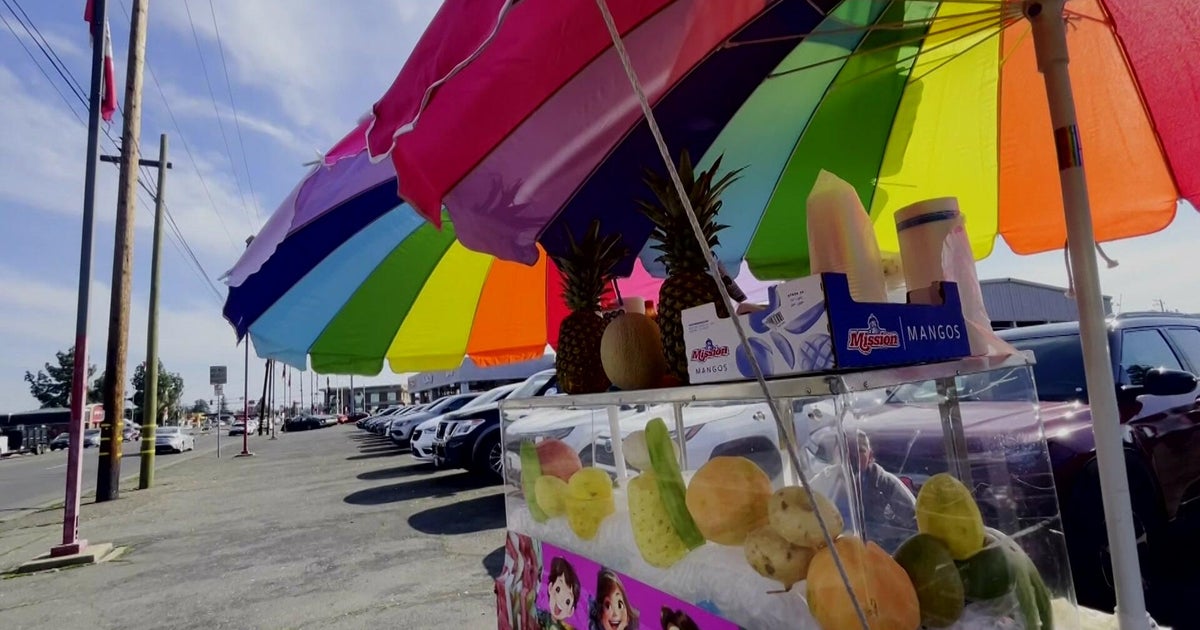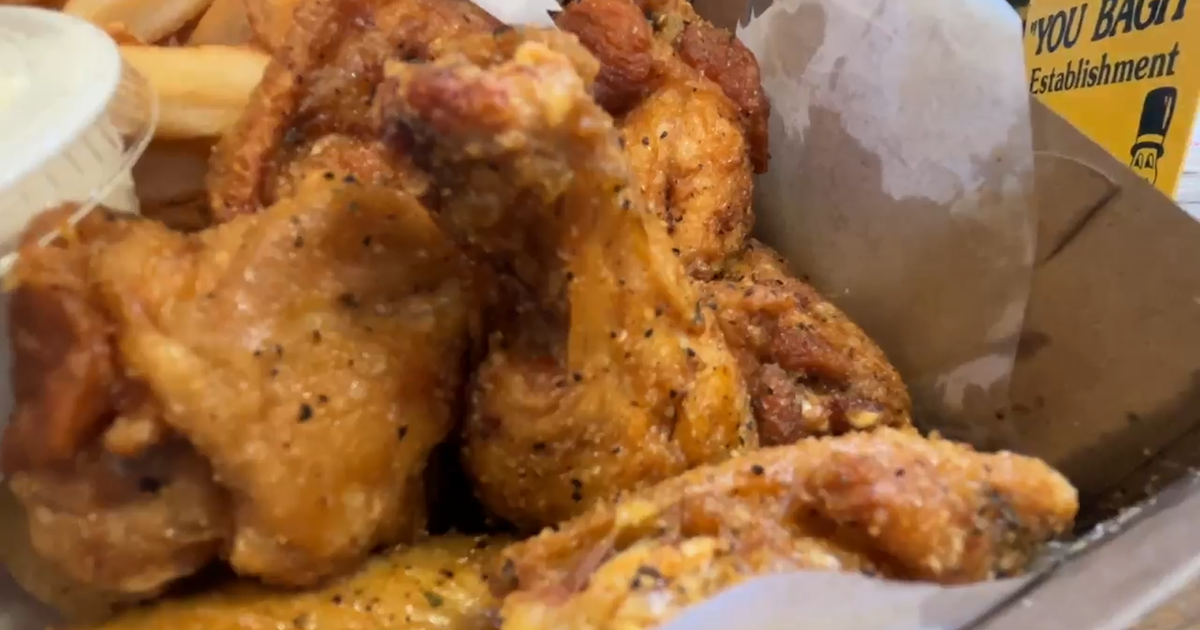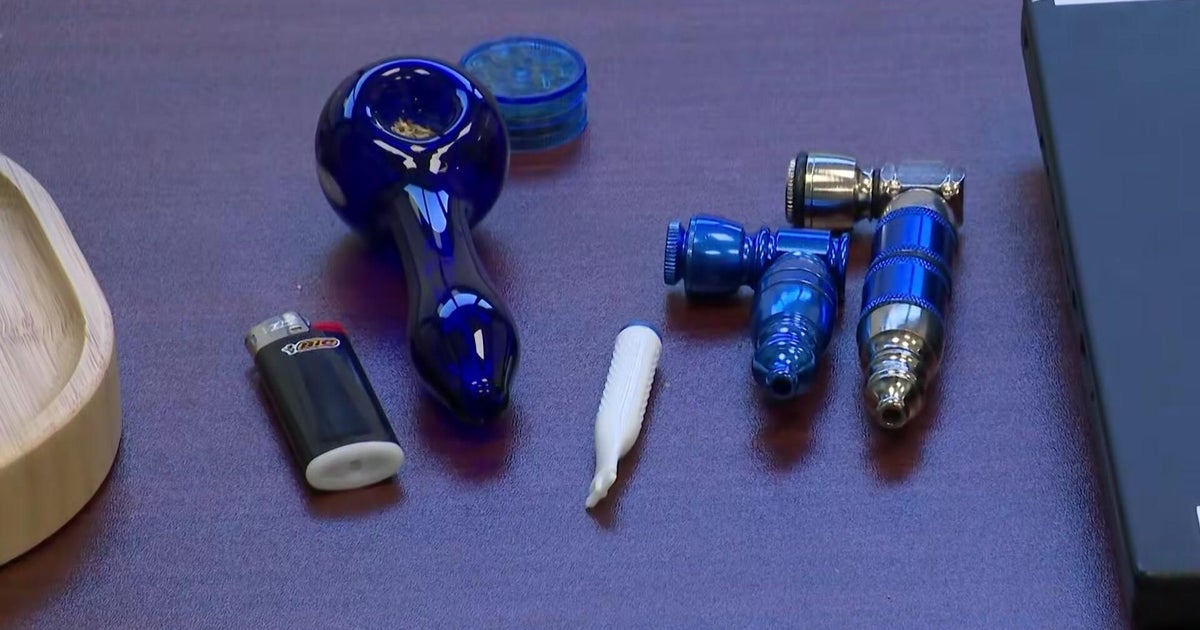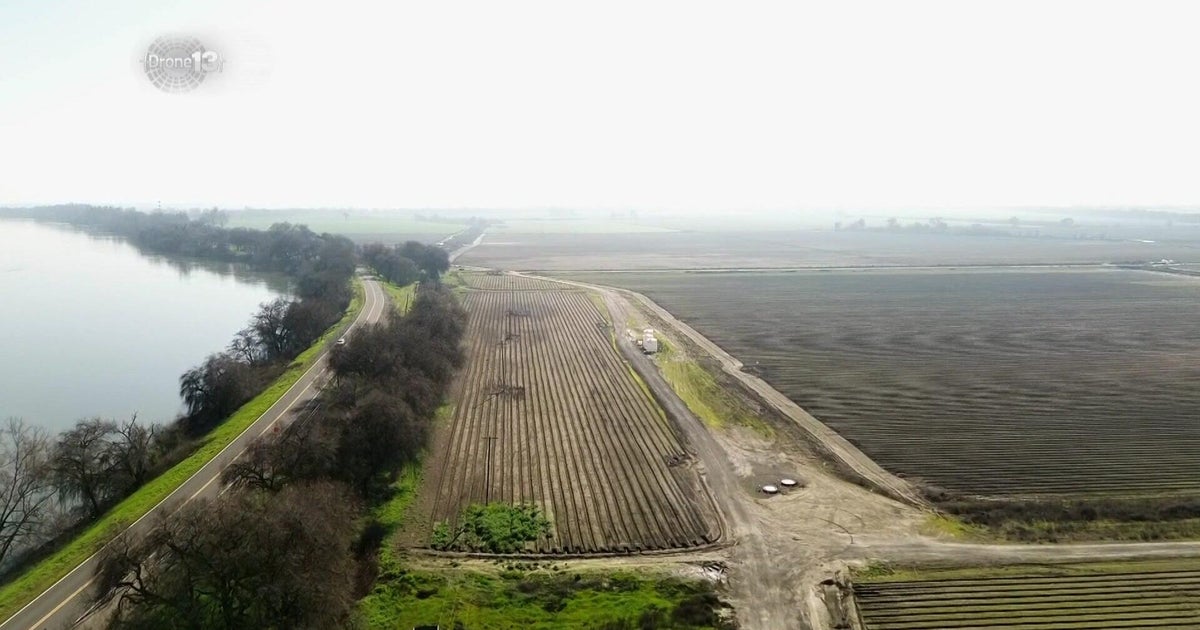Learn How To Grow Your Garden With Egg Shells And Coffee Grounds
/ CBS Chicago
So you've recently taken up gardening, and why wouldn't you? First, there's the fresh air and physical exercise. Horticulture is also considered to be therapeutic, which is particularly welcome these days. It's loaded with biology lessons for those squirrely young 'uns. And, of course, the biggest bonus of all: You can eat the fruits (and veggies) of your labor. But whether it's a bushel of herbs, a bean stalk, or a peach tree, plants benefit from more than just dirt, water, and sunlight. One of the best supplements for your garden's health is compost. The circle of life and whatnot. But not everyone has the time or space for that kind of project. Even if you do, you might have qualms about the aesthetics and unsavory aromas resulting from a pile of decaying food scraps sitting on your counter or in your backyard. Luckily, when it comes to feeding your leafy babies, there's a simple (stink-free) solution utilizing two ingredients that are likely in steady supply in your kitchen: used coffee grounds and eggshells. Related Reading: Composting 101: Everything You Need to Know About Food Waste If you want your plants to reach their full potential, simply placing seeds into the earth just won't cut it. "Soil itself doesn't really help plant growth enough," says Yasmeen Qursha, Unit Director of the Campus Center for Health and the Environment at the University of California, Davis. "It does need other supplemental sources of nutrients." Enter coffee grounds and eggshells. While we may consider them to be trash, they provide a healthy snack for plants offering a one-two punch of nitrogen and calcium. "The nutrients they add to support healthy plant growth are needed in almost any soil bed," according to Los Angeles-based collective LA Compost. If you've purchased fertilizer, you're probably familiar with the NPK information listed on the package label. Plants thrive when their earthy environs are given occasional boosts of nitrogen (N), phosphorus (P), and potassium (K). Many popular all-purpose fertilizers tend to have a higher ratio of nitrogen because its presence promotes lush, leafy vegetative growth. Here's where nitrogen-rich used coffee grounds come into play. "Brewing the coffee will bring out more nitrogen simply by boiling," per Qursha. Additionally, this will neutralize the coffee grounds, stripping them of potentially adverse acidic qualities which may harm your plants. As for eggshells, LA Compost touts their contribution of calcium, another common ingredient in fertilizer. The added boost is particularly useful for growing plants such as tomatoes and peppers which may suffer from calcium deficiency, resulting in slow growth, weak stems, and yellow leaves. The duo of used coffee grounds and eggshells are also helpful as mulch, an asset that liquid or powdered commercial fertilizer can't offer. According to LA Compost, "Mulch essentially covers and protects the soil from being completely exposed to the sun while retaining water for the roots of plants." Over time, it will also begin to break down which beneficially feeds the soil microbes below it. When looking for a vessel to store your eggshells and coffee grounds, you want something that's transparent, has a wide mouth to reduce mess, ample space, and a sturdy lid (an empty pickle or pasta sauce jar are perfect candidates). Rinse your eggshells immediately after cracking and shake them dry. Crush the shells as much as you can with your hands, seal the container shut and let its contents dry out in a sunny space, whether it's next to a window or in a more discreet location outdoors. When you brew a cup of java, let the grounds dry out in a small bowl for a few hours, and store them in a separate lidded container. Related Reading: Coffee Roast 101: Which One Is Best For Your Taste Depending on the size of your garden, compile enough of each component to contribute a moderate amount to each hungry plant. Combine the two together, crush the eggshells by hand even more (which should be easier now that they're fully dry), and sprinkle the mixture across the soil bed. Repeat the process every several months or at the start of a fresh growing season. The important thing is to not overdo it. Too much fertilizer can overwhelm and distress the plants. So what are you waiting for? Article provided by ViacomCBS site Chowhound.com. All featured products are curated independently by Chowhound editors. When you buy something through their retail links, they may receive a commission.Necessary Nutrients
Marvelous Mulch
The Method







